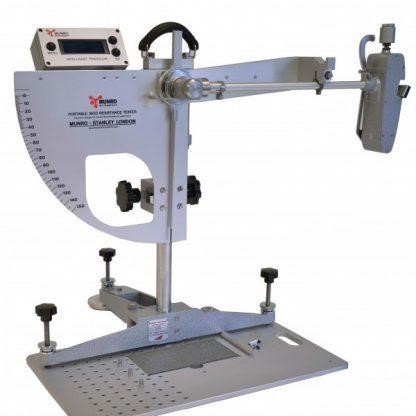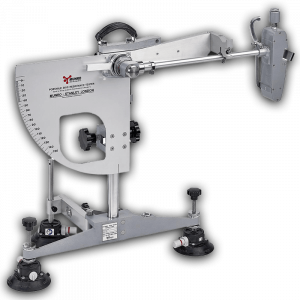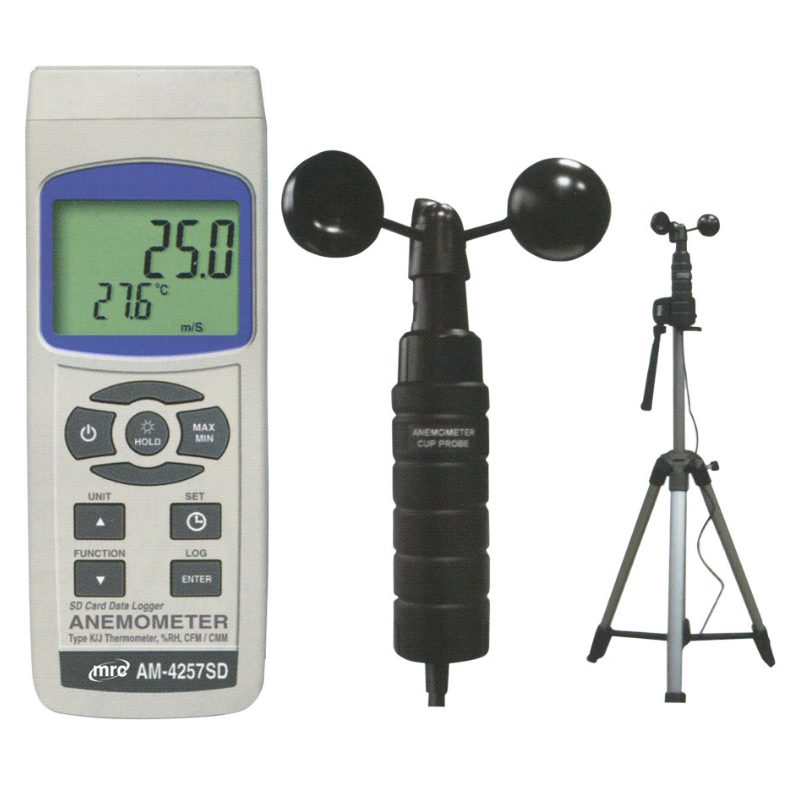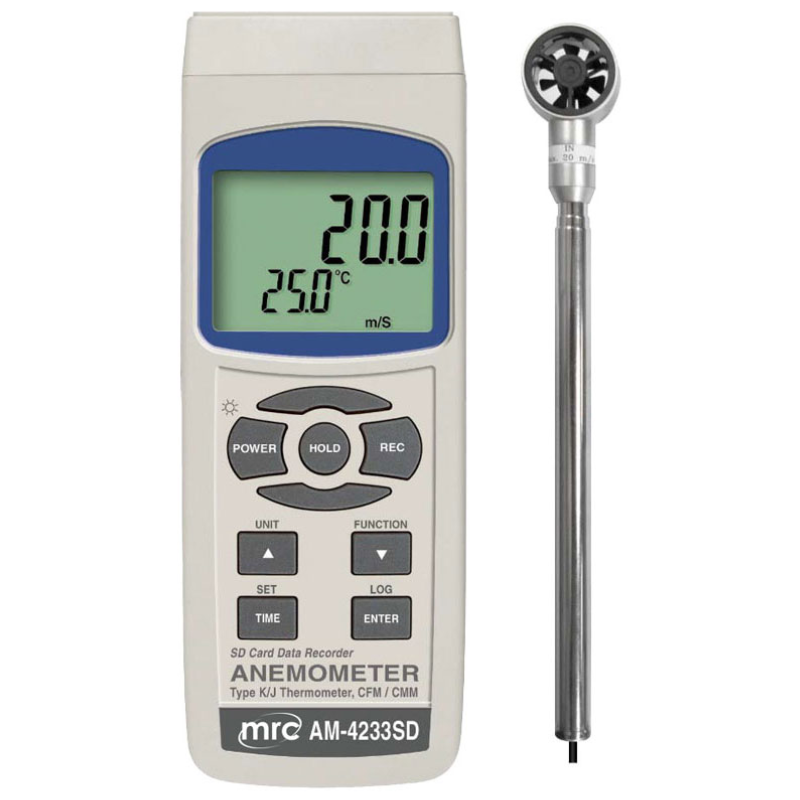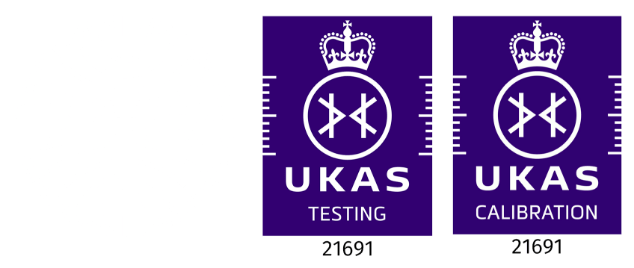Pendulum slip testing has become a leading method for ensuring that floors and walkways meet slip-resistance standards, providing valuable insights for businesses, property managers, and homeowners. But who truly benefits from this testing, and why is it essential? Let’s delve into what pendulum slip testing entails and identify who should consider using this reliable safety measure.
What is Pendulum Slip Testing?
Pendulum slip testing is a scientific method for measuring the slip resistance of a floor or surface. The test uses a pendulum device equipped with a rubber slider that swings down to contact the floor surface. By measuring the resistance when the slider makes contact, the pendulum test calculates the potential slip risk in various conditions, including dry, wet, or contaminated surfaces. This test is one of the most accurate ways to assess slip resistance, adhering to international standards such as BS EN 13036-4 and ASTM E303-93.
The results of the pendulum slip test are given as a Pendulum Test Value (PTV). The higher the PTV, the greater the surface’s slip resistance. A score of 36 or above is typically considered to provide a low slip risk, making it suitable for public access areas, while anything below may require remediation or preventive measures.
Who Benefits from Pendulum Slip Testing?
- Commercial Property Owners and Managers
Commercial property owners have a responsibility to provide a safe environment for employees, customers, and visitors. Slip-related injuries can result in costly legal claims, so understanding and improving floor safety is essential. Pendulum slip testing can guide owners and managers in selecting the safest materials, addressing problematic areas, and proving compliance with slip resistance standards.
- Workplaces with High Foot Traffic
For businesses such as shopping centers, restaurants, hotels, and warehouses, where foot traffic is high, slip resistance is a critical aspect of safety. Pendulum testing allows these establishments to maintain safe walkways and flooring, helping reduce the chance of incidents and fostering a safer workplace. It also supports a positive reputation, as customers and employees are more likely to trust environments prioritizing safety.
- Facility Managers in Health and Education Sectors
Hospitals, nursing homes, and schools house vulnerable populations who are at higher risk for injuries from slips and falls. Facility managers in these sectors should consider pendulum slip testing as part of regular safety assessments. Wet floors from spills, cleaning, or weather are especially hazardous in these settings, and slip resistance testing helps to pinpoint surfaces that may need additional treatment or replacement.
- Architects and Interior Designers
Architects and interior designers often work closely with flooring materials, selecting options based on aesthetics, durability, and functionality. For projects in high-risk areas, such as kitchens, bathrooms, or entranceways, pendulum slip testing provides architects with data-driven insights to choose materials that meet the required safety standards without compromising design.
- Construction Companies and Contractors
Contractors and construction companies have a vested interest in ensuring that floors are safe from the outset. By performing pendulum slip testing during or post-construction, they can ensure new buildings meet the necessary standards for slip resistance before handing them over to clients. This testing helps avoid future liability claims and ensures client satisfaction, especially for commercial and residential projects.
- Homeowners with High-Risk Flooring Areas
While pendulum slip testing is often associated with commercial and public spaces, it can also be highly beneficial for homeowners. Homes with tiled, hardwood, or stone surfaces in bathrooms, kitchens, and entryways can pose a slip risk, especially when wet. Families with children, elderly members, or pets may want to consider slip testing to ensure these areas are as safe as possible.
- Insurance Companies and Legal Experts
Slip and fall accidents are a common cause of injury claims and can lead to significant financial losses. Insurance companies and legal experts involved in these cases can use pendulum slip test results as an objective measure of surface safety. In legal situations, the data from these tests may be presented as evidence in determining liability and negligence in slip and fall accidents.
Why is Pendulum Slip Testing Essential?
Pendulum slip testing offers an objective, standardized assessment of floor safety that goes beyond a visual inspection. For those responsible for safety in public or private spaces, it’s an essential tool for several reasons:
- Compliance with Standards: In many jurisdictions, businesses are required to adhere to specific slip resistance standards. Pendulum slip testing provides proof of compliance, reducing the risk of penalties or fines.
- Risk Reduction: Knowing that your floors have been tested and meet safety standards lowers the likelihood of accidents, benefiting both individuals and businesses.
- Liability Defense: In the event of an incident, having certified testing results can be a vital part of a defense, showing that all necessary precautions were taken to ensure safety.
- Informed Maintenance Decisions: Regular slip testing provides insights into which areas may require maintenance, treatment, or replacement, allowing for a proactive approach to surface safety.

